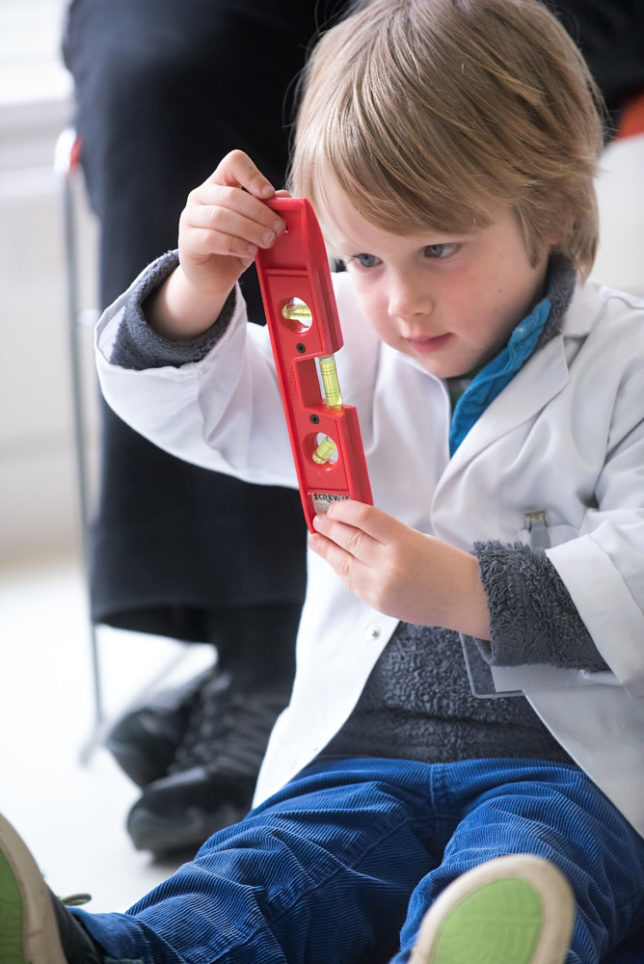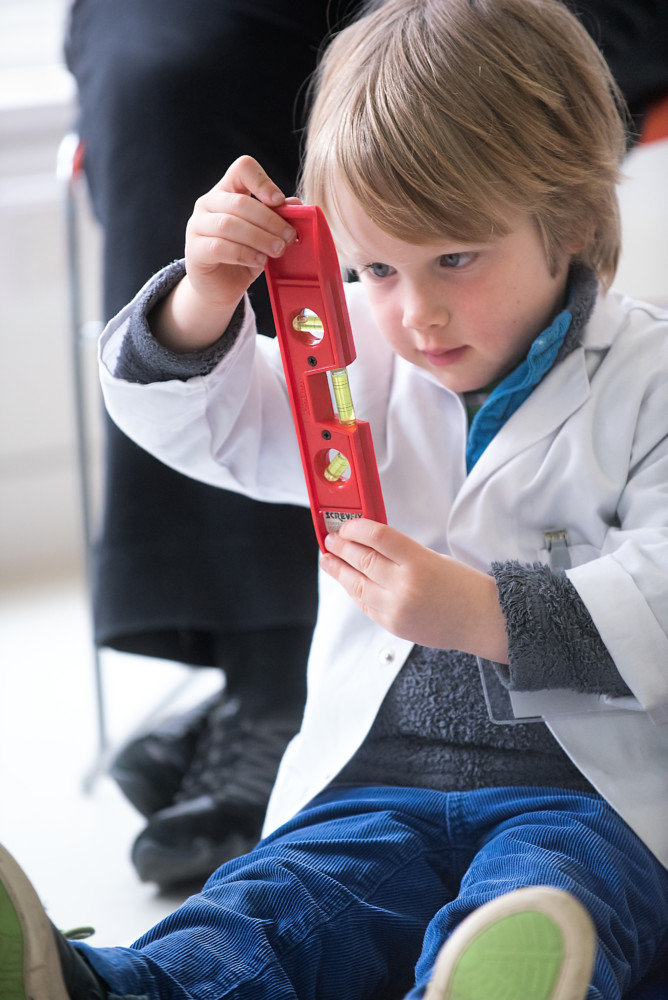With British Science Week highlighting the fact that science subjects at university level are on the decline, Sophie Allnutt, Co-Founder of Mini Professors, discusses how the importance of science for young children with ideas on how parents can support this learning at home.

Sometimes it’s easy to overlook what is under your nose and although we may not always realise it, science is absolutely all around us. From the mobile phones pinging our messages, to the clock radio that gives us our wake up call every morning, the medicines we take to treat infection and also the shoes and clothes we wear. The truth is, it’s impossible to imagine a day or a world without science. In fact it has become so much a part of our everyday life that we often take it for granted.
Inspiring a love of science from a young age is so important. Science is the ideal platform to encourage younger children to question, experiment, take risks and more importantly to observe the natural world they live in. Human curiosity is a natural trait and one that is a huge part of scientific development – the great thing is, children have this in abundance. That means they learn quickly and enthusiastically from activities that are accessible to their senses. We know that repetition is important in early years learning and development as is honing those fine motor skills, and because science is so hands-on it makes for an ideal vehicle to experiment.
Freedom of exploration
From pouring liquids into containers to threading or measuring substances, science really helps children to build confidence in handling different materials and to build an understanding of the world around them. Parents can also support this love of science on a regular basis at home with praise and encouragement by giving their children the opportunity and freedom to explore and make observations about what they see, hear and feel.
Science by its nature is often viewed as complex but inspiring a love of science from an early age isn’t achieved by dumbing down scientific terms and phrases. Children can cope with challenging but attainable tasks so it is important to give your child access to science vocabulary from the outset because hearing words and combining those experiences will help them to build their knowledge in this area and their understanding of science will develop more naturally.
However, it’s important to bear in mind that children do have a shorter concentration span than adults. No scientific topic should be out of bounds for children but it must be explained in more simple terms. At home parents can easily relate science to everyday objects and experiences and can also use hands on experiments to make science more interactive and appealing. Plus, it means you can avoid overloading your child with too much information.
Supporting vital social skills
Science is a wonder and children are excited and amazed by many of the things that adults take for granted. Remember the excitement you felt as a child when you realised a magnet could pick up a metal spoon? Whether it’s watching an ice cube melting or a paper boat floating on water – small wonders can be fascinating for them. Children love participating in experiments too because they are so physical, they can get involved, get their hands dirty and make a mess while exploring the world around them. This kind of science-based play is also ideal with small groups of children because it can help to support and develop many of their vital social skills too, such as listening, taking turns, sharing, making friends, sharing thoughts and working together.
In celebration of British Science Week, why not try some of these exciting but simple science experiments with your child at home?
Static electricity
Rub an inflated balloon on your head and show your child how fantastic and fun static electricity can be, you could even try picking up pieces of tissue paper with the now ‘charged-up’ balloon for some super scientific fun.
Create a ‘colloid’
Try mixing two parts cornflour, to one part water, to create a strange gooey substance called a colloid. It is solid when it is squeezed into a ball and moved around quickly but goes completely runny when it is held still. Children love getting hands-on and involved in this kind of experiment.
Make your own volcano
Try making a simple volcano using an old water bottle. Simply fill it half full of vinegar, top it up with a little water and then add one teaspoon of bicarbonate of soda and watch it explode with your child! You may even want to add a few drops of red food colouring to add to the impact and effect of lava.
Whether your child loves to be in the midst of experimenting or prefers to stand back and observe, children are never too young to develop a love of science and the more exposure they have to it, the more familiar they will become with trying new things.
About the expert
Sophie Allnutt is co-Founder of Mini Professors, a UK-based early years science programme designed specifically for young children aged from two to seven years. Working in line with the National Curriculum (Early Years Foundation Stage and KS1) sessions are led by highly qualified class leaders who are passionate about making the wonder of science engaging and accessible to all.
Equipped with their own mini lab coats, the warm and welcoming classes allow younger children to explore, experiment and learn basic scientific principles in simple terms and in a hands-on, safe and fun-filled environment covering different topics each week. Mini Professors is part of the WOW World Group (the team behind the award-winning Baby Sensory programme) and also a founding member of the Children’s Activities Association. Learn more at www.miniprofessors.co.uk

